
Mergers
Leadership, Performance and Corporate Health
Recommendation
Authors David Fubini, Colin Price and Maurizio Zollo base their short book on a uniquely comprehensive investigation: survey responses from 30 senior managers on the front lines of mergers around the world. The authors focus on crafting “healthy” mergers, which goes beyond the obvious process of merely merging two companies to meet future financial goals. Healthy mergers happen when those in charge maximize both companies’ synergies. Most executives say this is their goal, but their claims are often just rhetoric, since most mergers fail to meet long-term financial and organizational goals. This book nicely explains how senior managers and CEOs can rectify this situation, and avoid making expensive mistakes, but it bogs down in consultant-speak, repeated examples, managerial double-talk and an overly long section on corporate culture. Despite these drawbacks, getAbstract considers this well-informed description of pitfalls in the world of mergers very helpful to those who must survive there.
Summary
About the Authors
David Fubini, in Boston, and Colin Price, in London, are directors of McKinsey & Company. Price is also a McKinsey “Global Knowledge Leader.” Maurizio Zollo is the Shell Fellow in Business and the Environment, and an Associate Professor of Strategy at INSEAD in France.









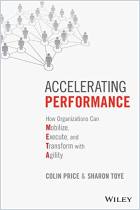
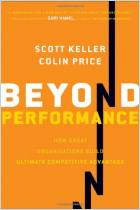
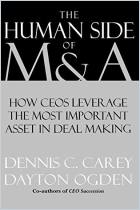

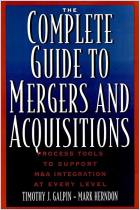
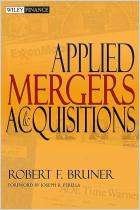
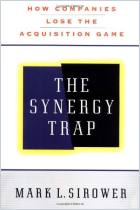
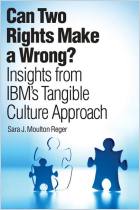





Comment on this summary or Start Discussion